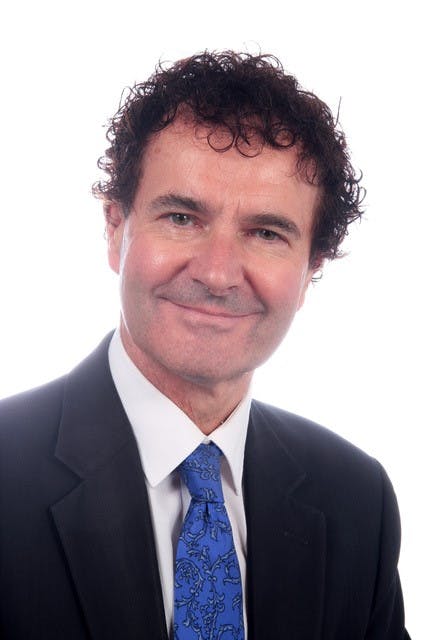In my column a month ago I noted the way in which I could tell from readings in my monthly survey of real estate agents that the market was responding positively to rising expectations of interest rate reductions. Now that those hopes have been confirmed by the Reserve Bank cutting the cash rate 0.25% and predicting declines for the next two years the market upturn has become even stronger.
A net 43% of real estate agents now say that there are more first home buyers in the market compared with a net 3% who two months ago said that there were fewer.
A net 25% say that there are more investors, and this is a jump from the net 24% two months back who said that fewer investor buyers were evident.
There are also a lot more people showing up at open homes and attending auctions and the proportion of agents who say that buyers are worried about a deficiency of listings has risen to 21% from 8% two months ago.
This is nowhere near the 55% who in September said that buyers were worried about there not being enough listings and the fact that the proportion of agents seeing buyers display FOMO has only risen to 15% from 1% two months ago tells us that no frenzy is underway. Will there be one soon, however?
I don’t expect so. Many buyers remain deeply concerned about their employment status and gaining access to credit is still proving problematic for many. The new debt to income (DTI) rules are restraining some investors for the moment and will certainly act as a greater restraint once FOMO is much higher and people are scrambling to buy whatever they can.
That scramble if it comes still looks over a couple of years away. In fact, if we look at previous periods of cyclical upturns in prices, we see that the most intense period of price rises does not usually come until some three years or so after the price cycle turns upward.
There is also something else to consider. There is a risk that interest rates do not fall as fast or as low as people are assuming. I pay close attention to the net proportion of businesses in the ANZ Business Outlook survey who say that they plan to raise their selling prices over the next three months.
This measure has averaged 25% in the three decades that inflation has averaged 2.3%. The reading in January was 51% and come June it had fallen to 35%. It is now back up at 41%. There is a risk that expectations of higher customer numbers next year are discouraging businesses from handling higher costs by boosting productivity.
If businesses do continue to adopt a cost-plus pricing policy and continue to raise prices strongly then the Reserve Bank will not take the cash rate from the current 5.25% to 4% come the end of 2025 and 3% come the end of 2026.
There remains considerable uncertainty regarding the track for mortgage rates and that means while real estate activity looks likely picking up for the next 2-3 years and prices begin moving higher again, the strength of this cyclical recovery could be a bit more gradual (and therefore less concerning) than in previous periods.





